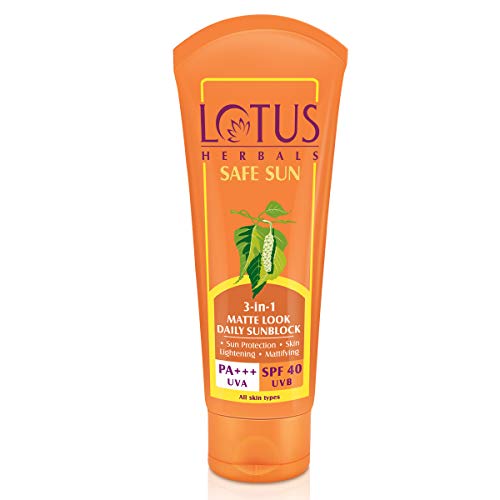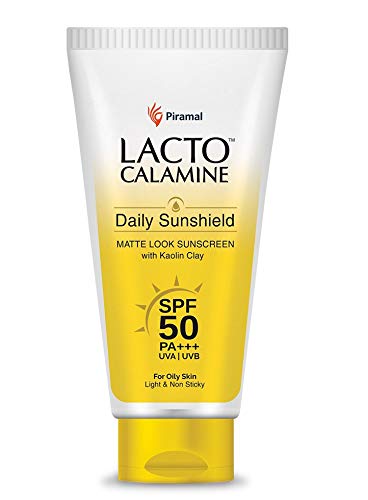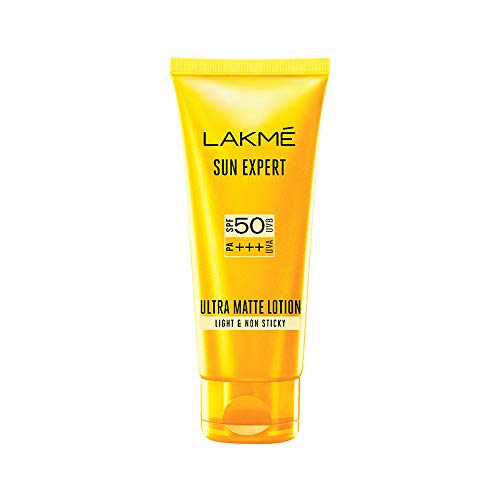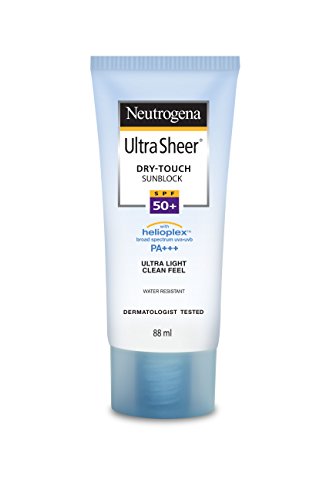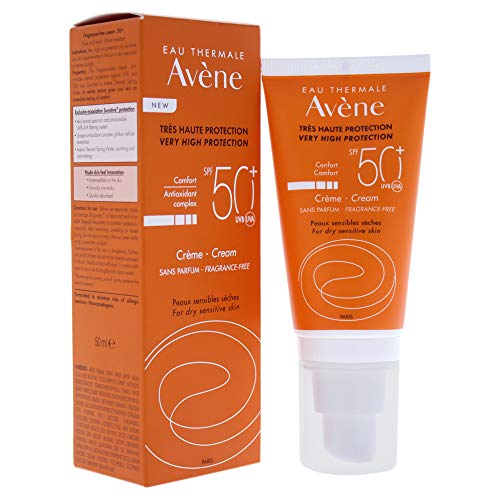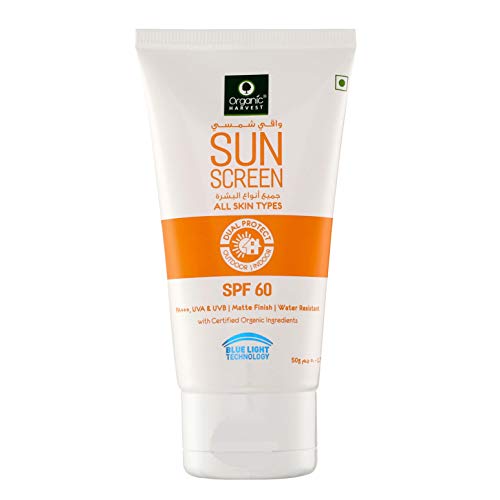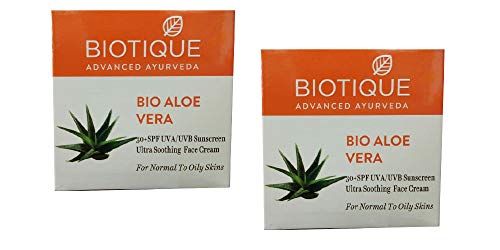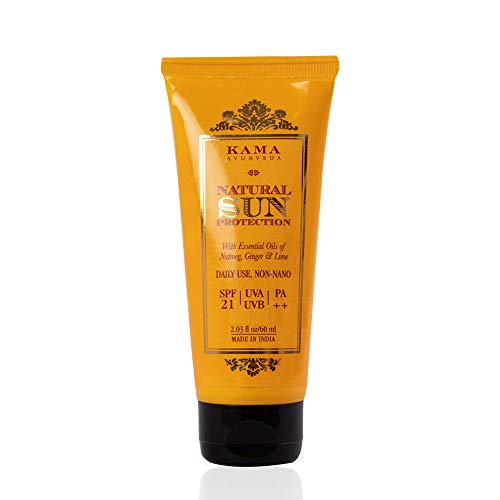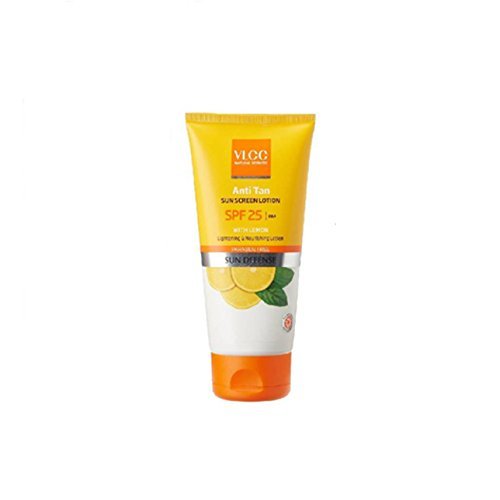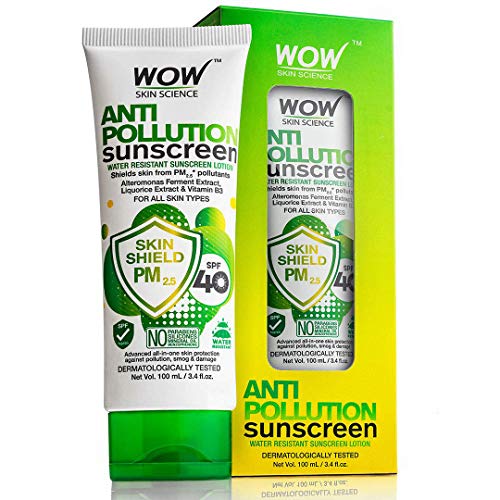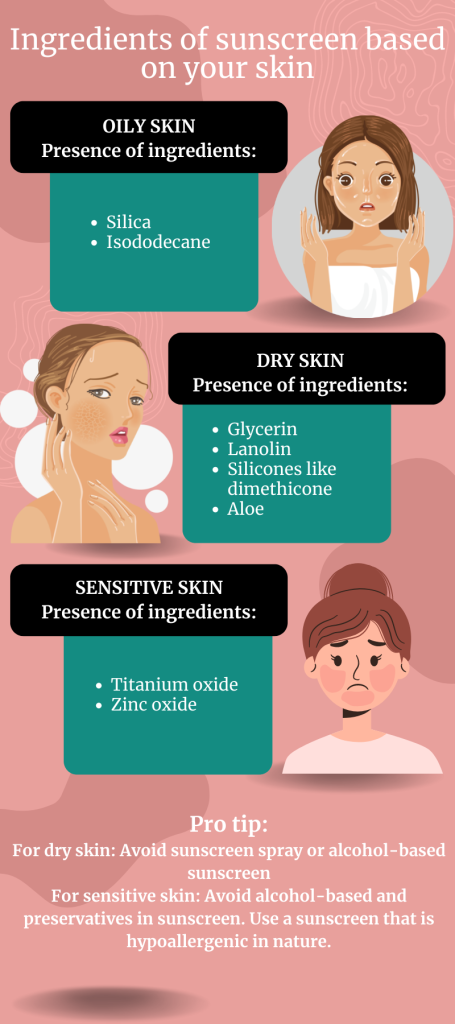Introduction
Our skin is highly delicate, and we don’t know how badly it gets affected only due to a minor strike. A moisturizer needs to be more vital to nourish the skin and give a solid check on harmful UV rays. You must do many things, and applying Sunscreen that suits your skin is one of the most significant things on the to-do list. Given the severe outburst of pollution and other toxic geological aspects, the climate of India has been quite unpredictable.
Somewhere it is sheer dry and cold, whereas inhabitants of different parts enjoy pleasant weather. However, skin protection is necessary everywhere, especially if traveling from one temperature plot to another. These 10 best sunscreen in India will give you incredible insight into how to purchase Sunscreen that will protect your skin no matter where you are.

Our pick of the 10 best Sunscreen lotions of 2024 in India
Zotezo Score | Best Sunscreen | Lowest Price |
|---|---|---|
|
A+ |
||
|
A |
||
|
A |
||
|
B+ |
||
|
B |
||
|
B |
||
|
C+ |
||
|
C+ |
||
|
C+ |
||
|
C+ |
Tips for choosing the right Sunscreen lotions for you
Key terms related to Sunscreen:
While buying Sunscreen online or in a retail store, the platform will dump tons of products, and choosing the best-suited one might be a needle to thread. If you’re aware of the following terms and their utilities, buying Sunscreen will be a piece of cake.
SPF:
It stands for Sun Protection Factor, and it denotes the amount of protection it gives to our skin from the sun’s harmful rays. Every sunscreen tube or bottle has a certain number of SPF mentioned, like SPF 20, 30, 50, etc., but have you ever wondered what are those? To understand the fundamental concept of SPF, you need to have a clear idea of the types of SPF and their purposes, the higher the SPF number better the protection from harmful UV rays.
- Physical or mineral SPF– It blocks the UV rays from entering our skin by forming a thin layer on the skin.
- Chemical SPF– It’s thin and less greasy on the skin and absorbs UV light by penetrating the skin.
- Broad spectrum SPF– The most beneficial one, this SPF protects your skin from both UV-A and UV-B rays. While a regular sunscreen saves you from UV-B rays, a broad-spectrum SPF gel-based sunscreen is ideal and protects you from all types of UV rays.
PA:
The Protection Grade of UVA or PA plays an integral role in every Sunscreen by protecting our skin from the UVA rays coming from the sun. Exposure to UVA is a major cause of skin cancer, so PA’s job is of sheer importance. The PA rating system goes like this:
PA+ = Some UVA protection
PA++ = Moderate UVA protection
PA+++ = High UVA protection
PA++++ = Extremely High UVA protection
Well, it’s just not the PA, but along with this, you should understand another dynamic concept called PPD.
PPD:
Let’s face it, applying Sunscreen on your face protects your skin from harmful UV rays but building a 100% tan-proof shield is impossible. Persistent Pigment Darkening” (PPD) denotes how long it takes for the skin to tan. The logic is straightforward. If your product has a PPD of 2, it takes twice as long for your skin to tan when protected, concerning how long it would take while unprotected. The rating goes as follows:
PA+ = PPD between 2 and 4
PA++ = PPD between 4 and 8
PA+++ = PPD between 8 and 16
PA++++ = PPD of 16 or higher
What should be the base of the Sunscreen?
It has always been a topic of discussion because choosing a perfect base for a sunscreen that is suitable for the skin and the climate is not a piece of cake. Generally, gel-based, cream-based, and matte sunscreens are available in the market, but picking up that suits you takes a lot of work. Let’s check out some specific points we must remember while buying Sunscreen.
Oily or Combination skin:
People with oily or combination skin face the most major problem because Sunscreen does not stay on their face for a long time, and they’ve to reapply it quite often. On the other hand, people with dry skin find it challenging to purchase Sunscreen with a perfect texture- both too thick and smooth. Based on these, gel and cream-based sunscreen can be differentiated, and you can pick up one of your choices. For oily and acne-prone skin, try to go for gel-based Sunscreen that combines niacinamide and salicylic acid. Niacinamide helps to keep firm, fades away hyperpigmentation, evens the skin tone, and reduces wrinkles. Salicylic acid removes excess oil, fights acne, and plays a significant role in getting rid of skin inflammation. Make sure that the texture of your Sunscreen is not thick and that it’s absolutely water soluble.
For people with combination skin, a matte sunscreen works the best, however, choosing a sunscreen, in this case, becomes a bit tough. Combination skin has oily and dry skin features where the T zone experiences a greasy presence, and the U zone remains dry. For them, matte gel or cream-based Sunscreen works the best, but a balanced proportion of hyaluronic acid and salicylic acid is of utter importance.
Dry to Normal skin:
Cream-based Sunscreen can be matte in nature or hydrating, and you should buy one suitable for your skin and the local weather. The presence of hyaluronic acid, salicylic acid, and niacinamide in Sunscreen makes the texture convenient to provide hydration to your skin. This illustration below will help you to understand what should be the base of your Sunscreen. Having said so, of course, none of the sunscreens can control sebum secretion or check the moisture draining of the skin. If you have oily skin, go for gel-based Sunscreen that gives a mattifying effect and if you have dry skin, definitely go for cream-based Sunscreen with hydrating power. Salicylic acid can cause breakouts in sensitive skin by removing the excess oil. Therefore, thick-textured Sunscreen having authentic hyaluronic acid will be the best choice for dry and sensitive skin. Hyaluronic acid and retinol are a dynamic duo in a skincare routine.
Sensitive skin:
When it comes to sensitive skin, gentleness is the name of the game. Opt for mineral sunscreens, also known as physical sunscreens. These contain active ingredients like zinc oxide and titanium dioxide. They create a protective barrier on your skin that reflects and scatters UV rays, rather than absorbing them. This gentle approach is less likely to cause irritation for sensitive souls. Look for sunscreens labeled as “hypoallergenic.” These are formulated with fewer potential allergens, giving your sensitive skin less to worry about. If your skin tends to be a little finicky and prone to clogged pores, choose a sunscreen that’s labeled “non-comedogenic.” This means it’s less likely to block pores and cause breakouts.
Aging Skin:
Retinol is the goddess of anti-aging ingredient that helps to increase the production of collagen in the skin, which boosts the reduction of fine lines and wrinkles. People with dry skin are bound to undergo this problem of premature aging scenes. Therefore, retinol sunscreen plays a significant role in restoring the skin’s firmness. Retinol accelerates the production of new skin cells, often leading to skin dryness, flakiness, and redness. The presence of hyaluronic acid retains the new skin cells’ moisture; thus, the rate of irritation and redness gets reduced.
Tips for getting the best Sunscreen:
Choose the correct SPF and PA:
If you’re planning to buy Sunscreen, the first thing will be to select products that have a minimum of SPF 30. 97% of the sun’s UVB rays are blocked by SPF 30. The higher the SPF the better the protection against UVB rays. On the other hand, the PA protects against UVA rays; hence, choosing the correct PA+ is also quite essential.
Composition of the Sunscreen:
Depending on your demand, you can go for sunscreens with mineral, chemical, or broad chemical SPF. Mineral (or physical) sunscreen contains natural minerals zinc oxide or titanium dioxide to reflect the sun’s UV rays from your skin. For all that, chemical sunscreens use chemical compounds like bemotrizinol, avobenzone, and biscotizole. All of them provide broad-spectrum protection.
Skin type:
This is quite another substantial factor as you’ll not want your face to give an oil mines vibe after applying Sunscreen. Some sunscreen lotions are pretty greasy, making the skin too oily.
Therefore, people with oily skin should look for ingredients like silica or isododecane. A gel-based sunscreen will be the best option if you have oily skin. People with dry skin always panic as their skin tends to lose natural hydration quite often. Glycerin, lanolin, oils, silicones (like dimethicone), and aloe are some specific ingredients they should opt for in the Sunscreen. Avoiding sunscreen spray or gels with alcohol is a mandatory fact. If you have sensitive skin, try looking for ingredients like titanium dioxide or zinc oxide in your Sunscreen. Your Sunscreen should be devoid of alcohol, preservatives, and fragrance but must be hypoallergenic.
Date of expiry:
Generally, Sunscreen has a shelf-life of 18-24 months but try to buy sunscreens having the manufacturing date closer to the date of your purchase. Avoid using the same Sunscreen for more than one or one and a half years.
Water and sweat-resistant:
Ingredients like titanium dioxide, zinc oxide, and oxybenzone can also handle exposure to work or water. Thus, if you’re planning a pool or beach party and want good exposure to natural vitamin D, opt for water and sweat-resistant Sunscreen.
- Water-resistant: The product can handle up to 40 minutes of exposure to water (or sweat) and still be effective.
- Very water-resistant: The product can handle up to 80 minutes of exposure to water (or sweat) and still be effective.
Sunscreen bottles marked with ‘water-proof’ or ‘sweat-proof’ often denote these aforementioned terms.
Sunscreen for the family:
You might come across some sunscreen bottles that claim that the quantity is enough to protect everyone’s skin in your family but does that sound logical? Both you and your dad must have the same skin type. Sunscreen is a tailored item meant for people with different physical or dermatological features.
Products listed here are carefully reviewed and tested by our expert authors and reviewers. If you buy through links on this page, we may earn a small commission. Here’s our editorial process.
How we reviewed these products
Benefits of using Sunscreen lotions
Think of sunscreen as your own personal sun superhero – here to protect you from the blazing sun like a trusty sidekick. Let’s dive into the benefits with a splash of humor, shall we?
Shield from Solar Sizzle:
Imagine your skin as a delicate marshmallow roasting under the sun’s fiery gaze. Sunscreen swoops in like a caped crusader to protect your skin from UV rays, which can turn that marshmallow into a crispy critter. It’s like your skin’s personal force field against solar sizzle!
Anti-Aging Avenger:
Worried about wrinkles? Fear not! Sunscreen is your secret weapon against premature aging. Those UV rays are like tiny, sneaky wrinkle conspirators, but sunscreen stands guard, making sure your skin stays smoother than a freshly buttered pancake.
Fade-Out the Red Alert:
Sunburns – the bane of beachgoers and picnickers alike. Sunscreen is like a soothing balm that gently pats your skin and whispers, “There, there.” It prevents those lobster-red moments that leave you resembling a boiled crustacean. Avoid looking like a sunburnt tomato with your trusty SPF sidekick!
Defend Against Dark Forces (Spots!):
Uneven skin tone and dark spots, the supervillains of flawless skin. Sunscreen goes all ninja warrior, blocking the UV rays that can cause these unwanted visitors. With sunscreen by your side, you’ll have a better chance of keeping your skin looking more even-toned than a symphony orchestra.
Barrier Against Bad Vibes:
UV rays can mess with your skin’s immune system, leaving it as defenseless as a kitten in a pillow fight. But worry not! Sunscreen stands as the guardian at the gate, making sure your skin’s immunity stays strong and ready to tackle anything – even those surprise water balloon attacks.
Bye-Bye Skin Cancer Stresses:
Skin cancer might sound like a mythical dragon, but it’s real – and UV rays are its fiery breath. Sunscreen is like the valiant knight that fights off this beast, keeping your skin safe from the dragon’s grasp. So, slather on that SPF and consider yourself armored up!
Makeup’s BFF:
Attention makeup enthusiasts! Sunscreen isn’t just for superheroes – it’s also a top-notch primer for your makeup masterpiece. Smooth on some SPF and your makeup will glide on like a figure skater on ice. Plus, you’ll be the envy of the town with your radiant, protected visage.
Self-Care Superstar:
Applying sunscreen is like giving your skin a big, comforting hug. It’s a small act of self-care that shows your skin you care about its well-being. So, next time you’re lathering up, take a moment to thank your sunscreen for being your skin’s own personal therapist.
There you have it, a sunscreen symphony of benefits that’ll have you singing its praises louder than a rockstar at a sold-out concert. Remember, sunscreen isn’t just lotion – it’s your skin’s ultimate sidekick in the fight against the sun’s fiery rays. So, slap on that SPF and let the sun-safe adventures begin!
Side-effects of using Sunscreen
However, every coin has two sides, and so does Sunscreen. Specific cons associated with using Sunscreen can be checked easily if you’re aware of these particular facts.
- People with acne-prone skin should read labels before buying Sunscreen.
- Burning, itching, or stinging of the skin can happen if the Sunscreen is not suitable for your skin texture.
- You can experience redness or swelling of the skin.
- Late appearance of rash with or without weeping blisters that become crusted, especially in sun-exposed areas, and may extend to unexposed areas of the skin
- Pain in hairy areas often happens due to the clogging of pores, which occurs if the Sunscreen is too greasy.
- Pus in the hair follicles
- Drying or tightening of the skin
Who should use Sunscreen lotions
Everyone, regardless of age, gender, or skin type, should use sunscreen to protect their skin from the harmful effects of UV radiation. Sunscreen helps prevent sunburn, premature aging, and skin cancer by blocking or absorbing UV rays. It’s especially important for those who spend time outdoors, including children, athletes, and individuals with fair skin or a history of skin cancer in their family. Using sunscreen daily, even on cloudy days, is essential for maintaining healthy skin and reducing the risk of sun damage.
Recommended Dosage of Sunscreen
Ahoy there, sunseeker! Buckle up, because it’s time to navigate the seas of sunscreen reapplication based on your skin type. Just like plotting a course for treasure, knowing when to reapply sunscreen is crucial for a successful sun-safe journey. Let’s set sail, shall we?
Fair and Freckled First Mates:
For your fair folks, consider reapplying sunscreen every 2 hours. If you’re engaged in swashbuckling activities like swimming or sweating, raise the Jolly Roger and reapply more frequently. Aye, that means every 40 to 80 minutes if you’re sailing the high seas or building sandcastles.
Medium and Marvelous Mariners:
Your ship might have a sturdier hull, but even the medium-skinned should aim to reapply sunscreen every 2 hours. Like a skilled navigator, keep your eye on the clock. If you’re in the water or sweating like you’re in a workout montage, consider reapplying every hour.
Deep and Dashing Captains:
Ahoy, matey! Your skin’s got a natural tan that’s like a built-in treasure map to sun protection. Still, keep an eye on the hourglass and reapply sunscreen every 2 hours. Should you take a dip in the briny deep or engage in heated battles on the beach, reapply every 80 minutes or so.
Oily Seafarers:
You, my friend, are in the realm of sunscreen sorcery. Oily skin can sometimes make reapplication a tad trickier, but fear not! Blot away excess oil and then reapply sunscreen every 2 hours to keep that shield strong. Think of it as your sunscreen touch-up wand.
Dry Explorers:
Ahoy, landlubbers! Your parched skin might be yearning for moisture, but don’t forget the sunscreen reapplication. Every 2 hours is your time marker. If your skin feels as dry as desert sands, consider refreshing with a spritz of water (or a hydrating mist) before reapplying for that sunscreen treasure.
Sensitive Buccaneers:
Sensitive skin, ahoy! For you, it’s all about gentle care. Reapply your sunscreen every 2 hours as a standard, but pay heed to your skin’s cues. If you notice any redness or discomfort, take shelter in the shade and reapply more often.
Remember, just like navigating uncharted waters, finding the right balance of sunscreen reapplication takes practice. When in doubt, stick to the 2-hour rule, and if you’re diving into the ocean or sweating up a storm, bump up your reapplication frequency. Whether you’re as fair as a mermaid’s tail or as deep as the ocean’s abyss, your sunscreen’s got your back on this sun-soaked adventure!
How to apply Sunscreen
Applying Sunscreen is no rocket science in India, but it is more than just about putting it on your face or hands. There are a few things that you should keep in mind while applying Sunscreen. You should never apply sunscreen directly on your face.
- Wash your face with a face wash that suits your skin followed by a toner.
- Next, you have to apply 3-4 drops of serum on your face and pat it lightly so that your skin remains smooth and soft.
- Use a moisturizer as the next step and then an eye cream. Take a break for 5 minutes and then apply the sunscreen.
- You should apply Sunscreen all over your exposed skin. That should include the face, arms, neck, legs, and feet.
- Apply the Sunscreen at least 30 minutes before leaving. Make sure to blend it correctly on the skin.
- Reapply the Sunscreen after every 3 or 4 hours or after swimming or sweating.
- You should reapply the Sunscreen every 4-5 hours, even on cloudy days or if you are staying indoors.
Understand the who, what & why behind your favourite products
Brand Values | Product Philosophy | Product USPs
Read brand stories, their raison-d'etre, and understand what drives them to caringly create the highest quality products for your well-being.
Brand stories
Frequently asked questions on Sunscreen lotions
1. Can I use last year's sunscreen?
2. Is sunscreen safe for kids?
3. Can I use sunscreen on tattoos?
4. Are there sunscreens for active lifestyles?
5. What's the deal with reef-safe sunscreen?
6. Can I wear sunscreen under makeup?
7. How does sunscreen actually work?
8. Can I apply sunscreen over my moisturizer?
9. Is a higher SPF always better?
10. Can I skip sunscreen on cloudy days?
Expert reviews you can rely upon
Expert Insights | Product Reviews | Connect with Experts
Gain valuable insights and read unbiased product reviews by subject matter Experts on Zotezo, the ultimate trust commerce platform, that empowers millions globally to make informed decisions for their wellbeing.
Expert Advisory
Conclusion
Many people believe that Sunscreen protects the skin from getting burned and tanned. Well, it is another utility of Sunscreen, but its notable role is to form a shield and protect the skin from ultraviolet light. There are tons of sunscreen lotions available in the market, and the price range is pretty wide. However, keeping aside the brand reputation and price, if you buy Sunscreen, keeping in mind the points we’ve discussed, you’ll stay miles away from skin diseases due to sun rays.

